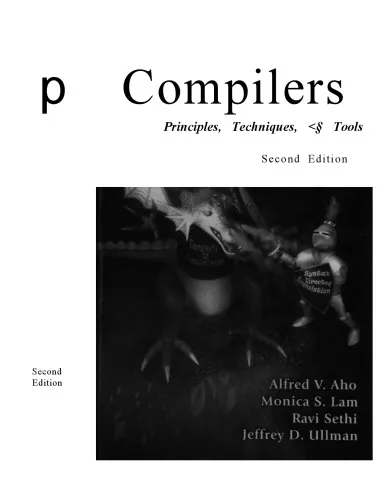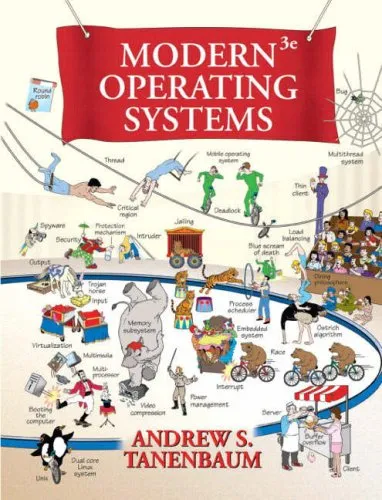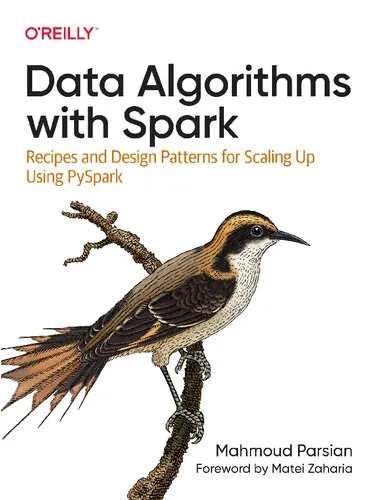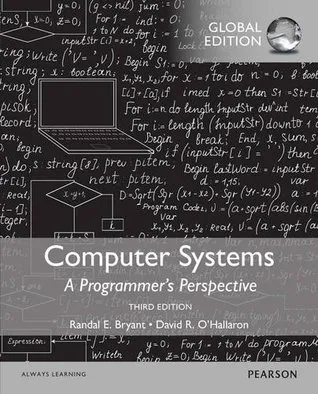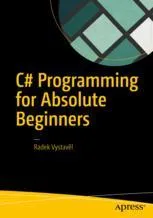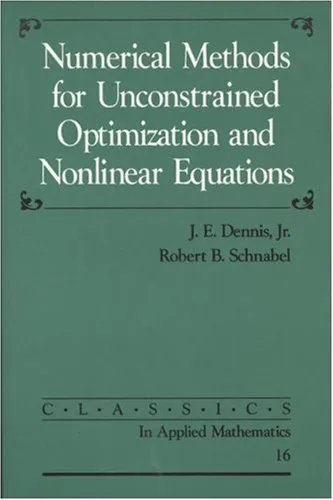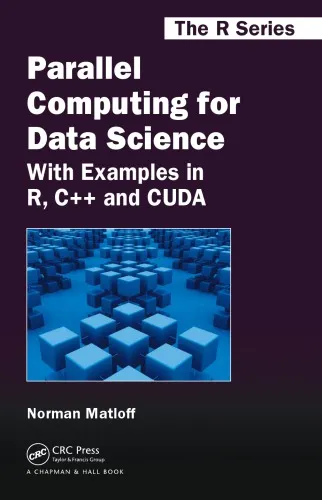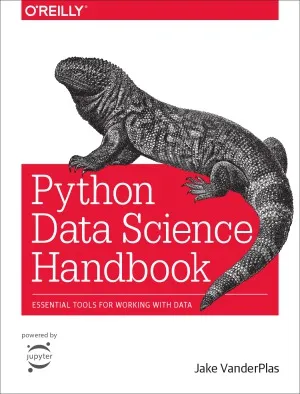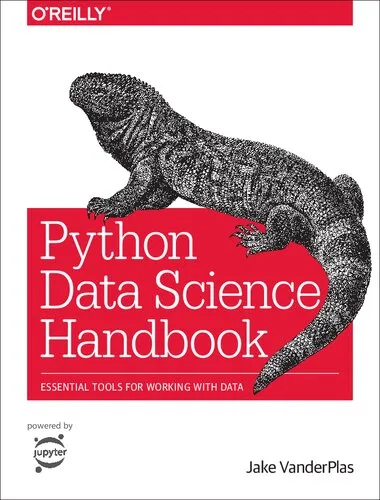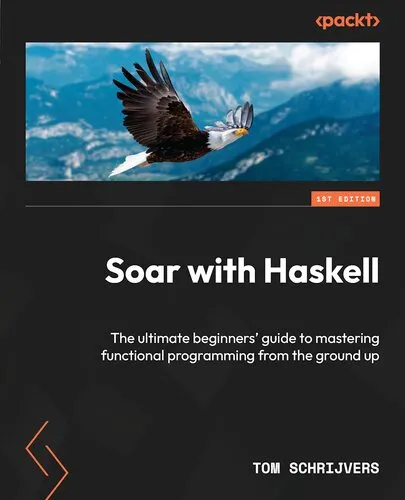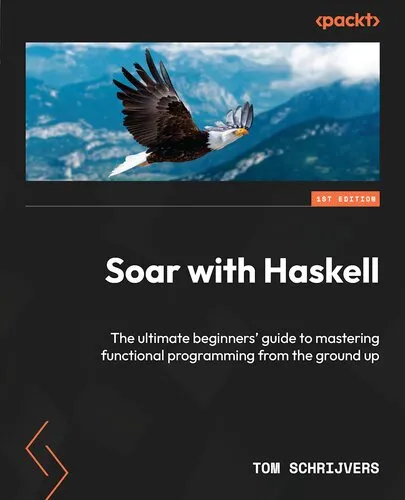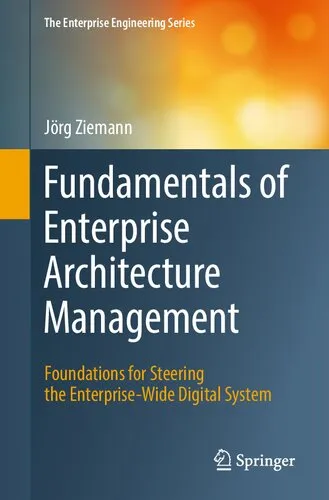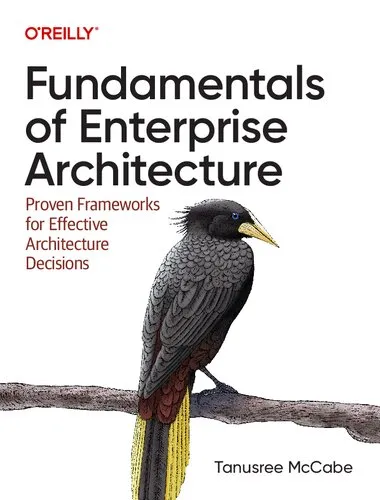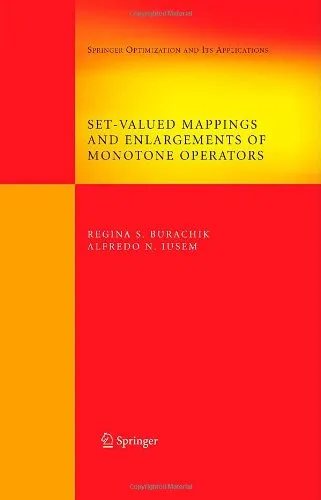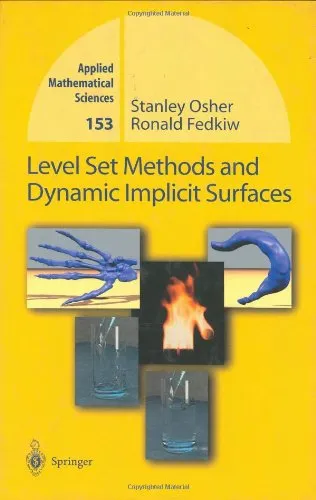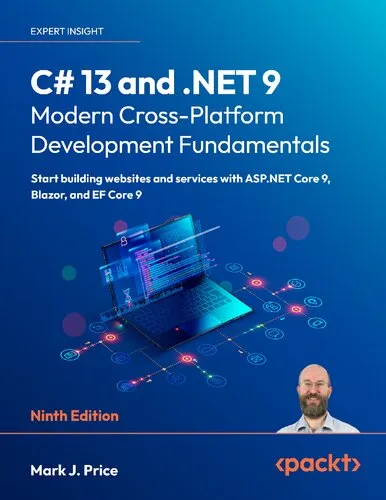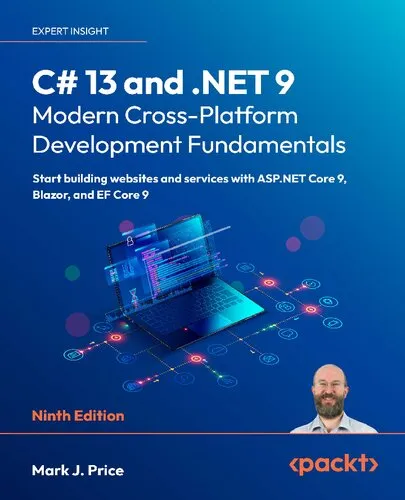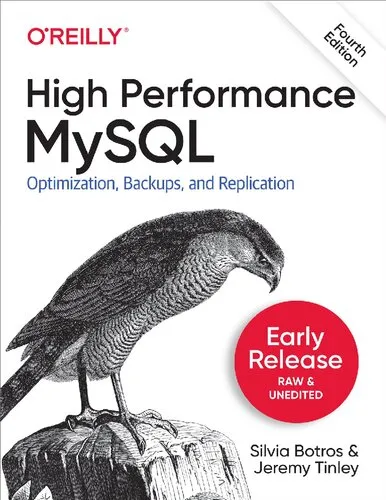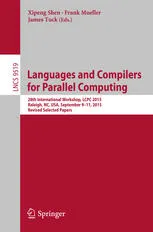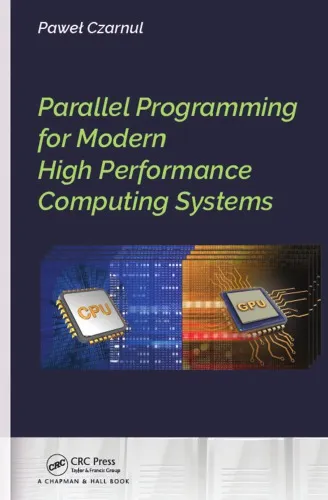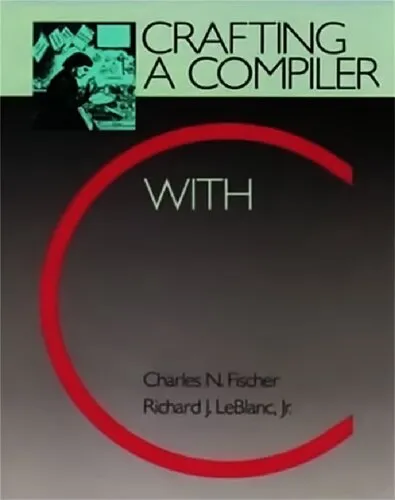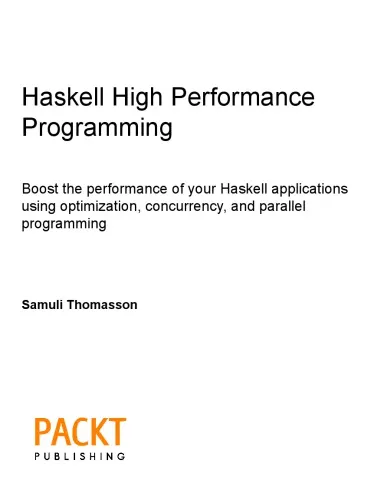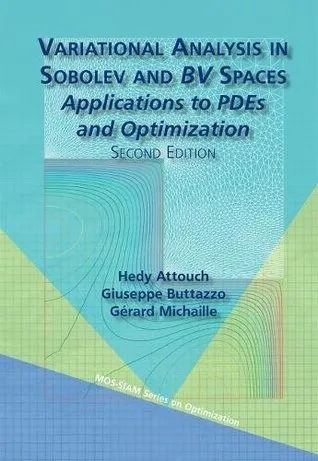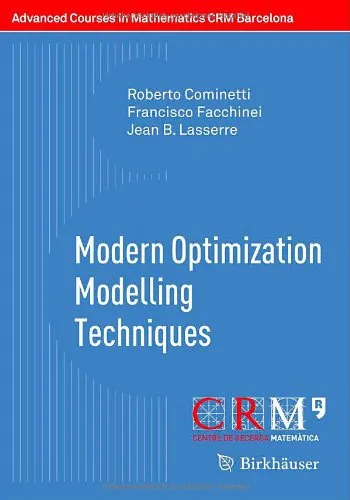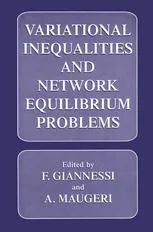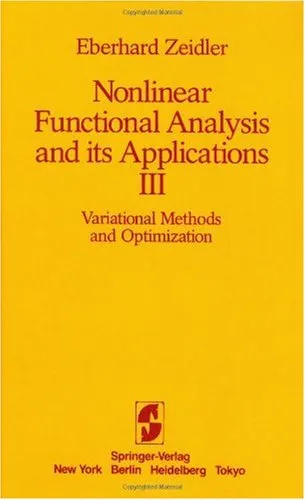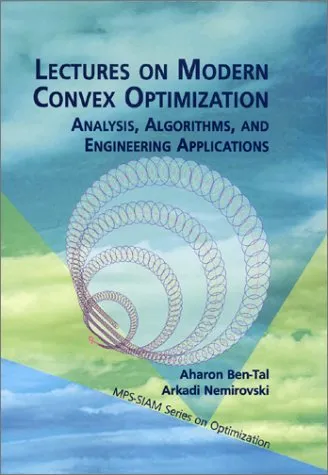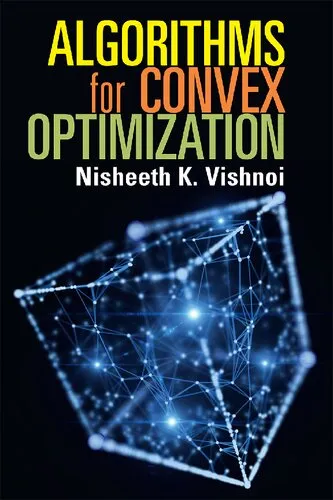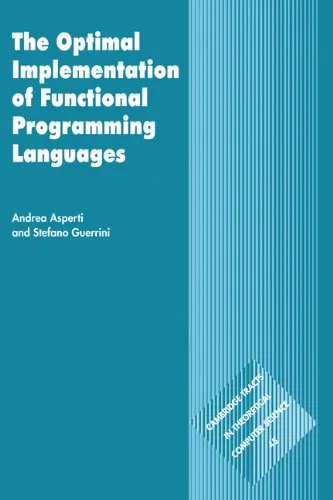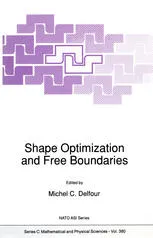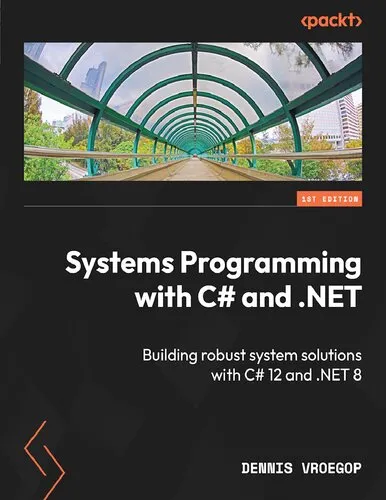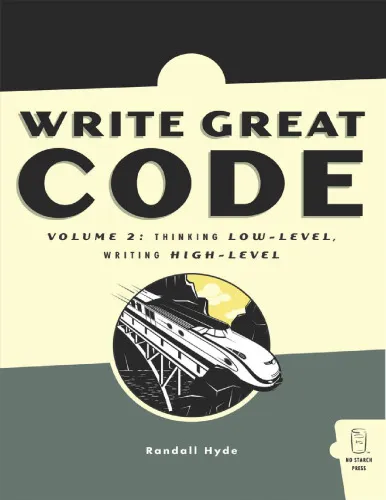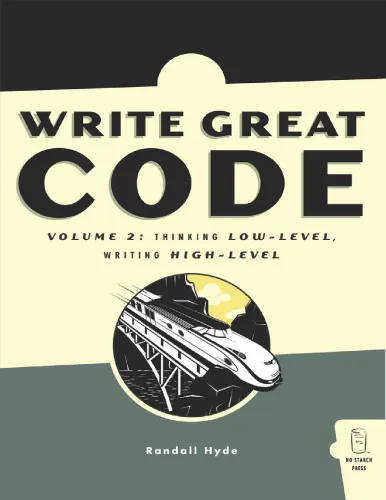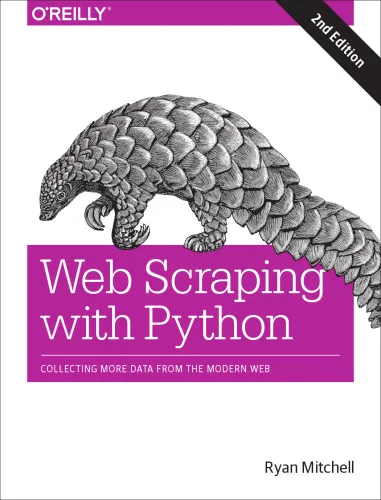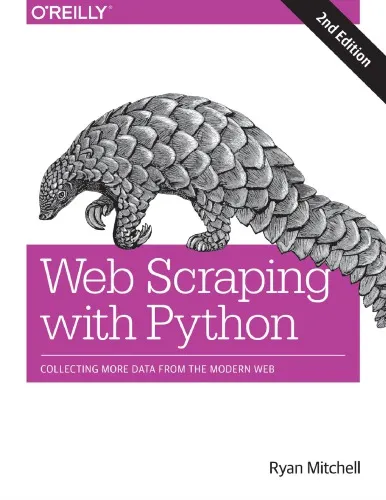Compilers: Principles, Techniques, Tools
5.0
Reviews from our users

You Can Ask your questions from this book's AI after Login
Each download or ask from book AI costs 2 points. To earn more free points, please visit the Points Guide Page and complete some valuable actions.Related Refrences:
Introduction to 'Compilers: Principles, Techniques, and Tools'
Welcome to an in-depth exploration of one of the most influential texts in the field of computer science: "Compilers: Principles, Techniques, and Tools," commonly referred to as the Dragon Book. Authored by Alfred Aho, Monica Lam, Ravi Sethi, and Jeffrey Ullman, this book is a cornerstone for anyone interested in the art and science of compiler construction.
Detailed Summary of the Book
This comprehensive guide introduces the broad range of concepts and methodologies used in the design and implementation of compilers. The book breaks down the theoretical underpinnings of a compiler's components, providing a clear understanding of how high-level programming languages are translated into machine code. Key areas such as lexical analysis, syntax analysis, semantic analysis, optimization, code generation, and error detection and recovery are covered in meticulous detail.
The second edition, updated with new techniques and examples, includes insights into the latest advancements in compiler technology. Topics like just-in-time compilation, memory management, and optimization techniques are explored, reflecting the evolving nature of computing technology. Case studies within the book provide an applied understanding of how these principles are utilized in modern compilers.
Key Takeaways
- A foundational understanding of the principles of compiler design, including the lexical, syntactic, and semantic layers.
- Insights into the application of algorithms and data structures in the context of language translation and processing.
- A thorough examination of code optimization techniques and their role in improving compiler efficiency.
- Examples and exercises designed to reinforce learning and provide hands-on experience with compiler design concepts.
- Coverage of the latest developments and techniques in compiler technology.
Famous Quotes from the Book
“The structure of a compiler reflects the structure of the organized computing systems upon which it operates.”
“Compiler construction is a microcosm of computer science, with a focus on both theoretical frameworks and practical applications.”
Why This Book Matters
The significance of "Compilers: Principles, Techniques, and Tools" extends beyond its function as an academic textbook. It encapsulates the breadth of computer science, drawing on elements of formal languages, automata theory, algorithms, and data structures. For students, researchers, and professionals, it offers both a robust theoretical framework and practical insights into compiler construction.
In the ever-evolving landscape of computing, understanding compiler technology is essential for software engineers, as it underpins the software development process. This book has consistently remained a key educational resource in the field, setting a standard for how complex concepts are communicated and applied.
By delving into this text, readers gain not just a skill set unique to compiler construction, but also strengthen their understanding of programming languages and their relationship with the underlying hardware. The authors' blend of theory, practical exercises, and real-world applications makes it an invaluable asset for anyone serious about mastering the internals of compilers and the languages they translate.
Free Direct Download
You Can Download this book after Login
Accessing books through legal platforms and public libraries not only supports the rights of authors and publishers but also contributes to the sustainability of reading culture. Before downloading, please take a moment to consider these options.
Find this book on other platforms:
WorldCat helps you find books in libraries worldwide.
See ratings, reviews, and discussions on Goodreads.
Find and buy rare or used books on AbeBooks.
1551
بازدید5.0
امتیاز0
نظر98%
رضایتReviews:
5.0
Based on 0 users review
Questions & Answers
Ask questions about this book or help others by answering
No questions yet. Be the first to ask!
